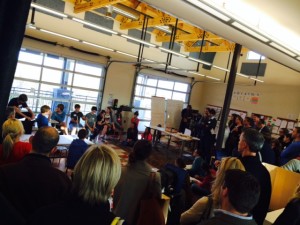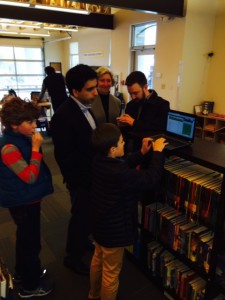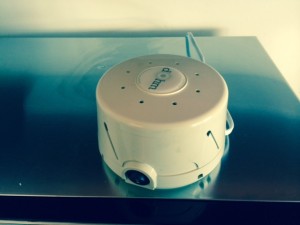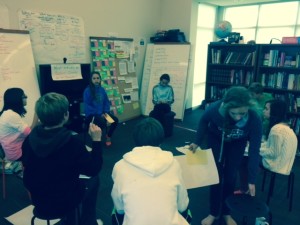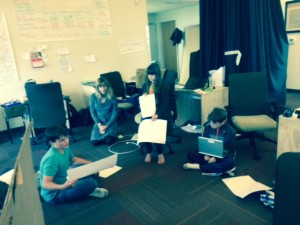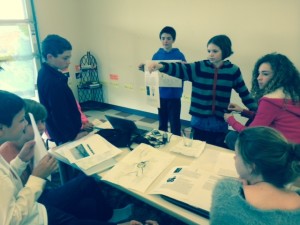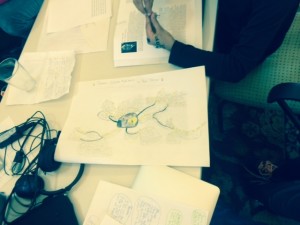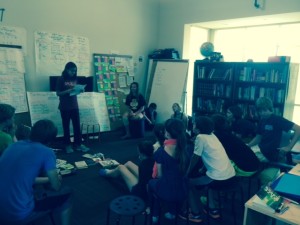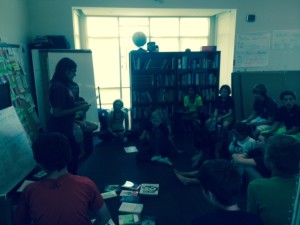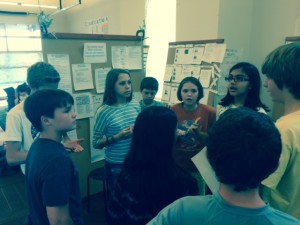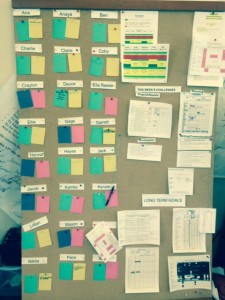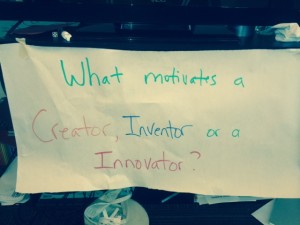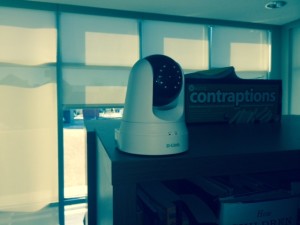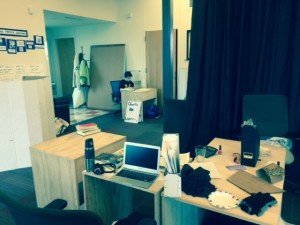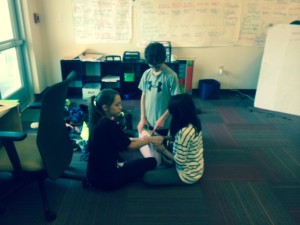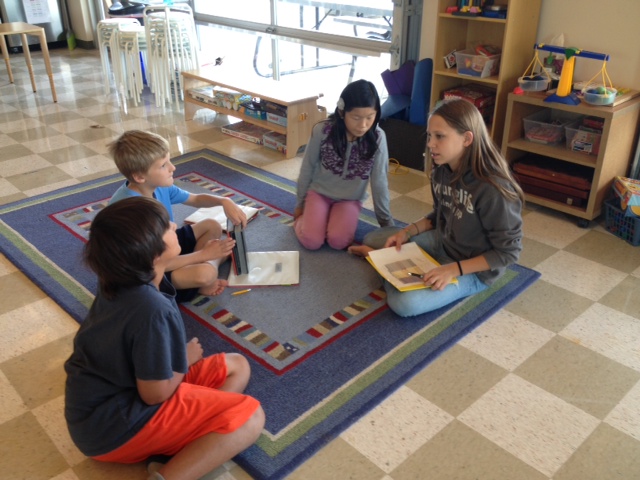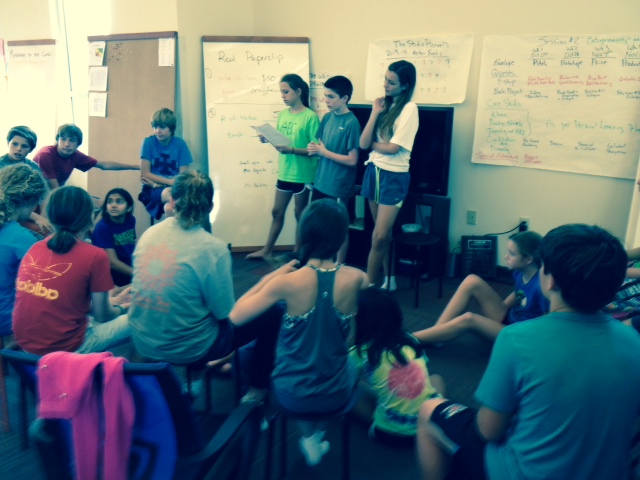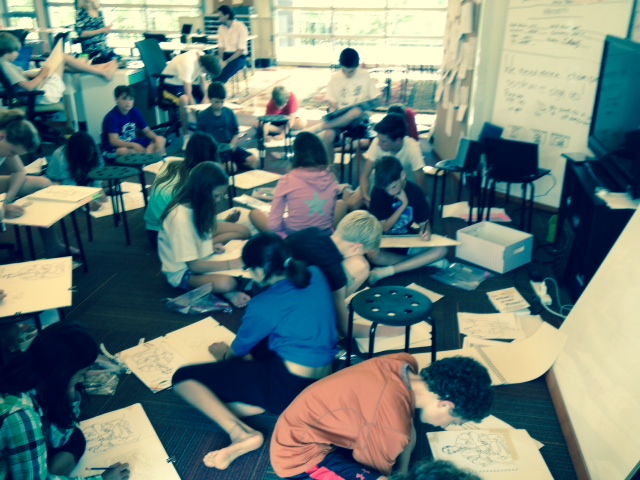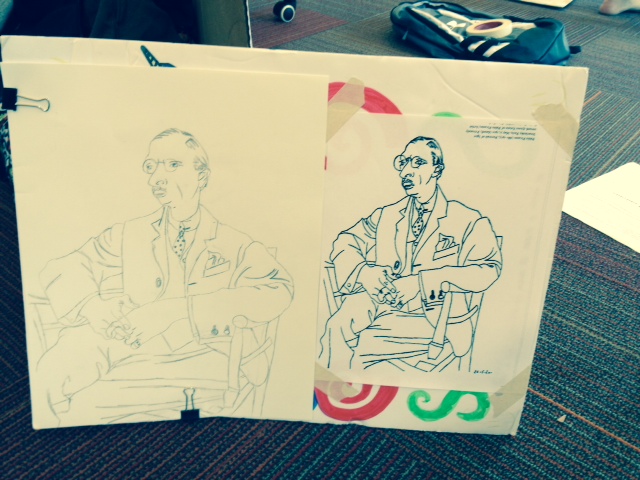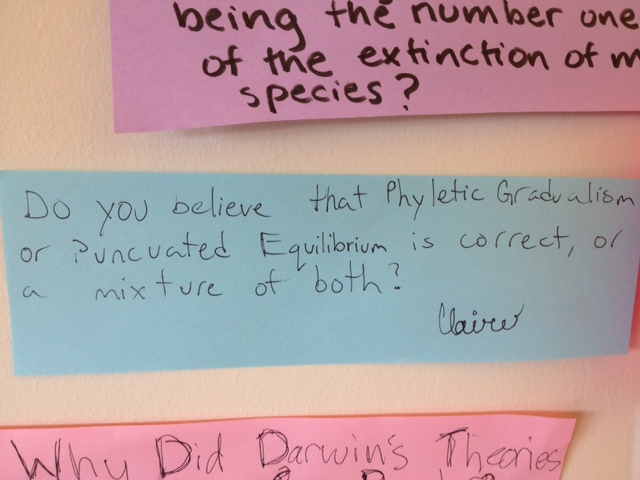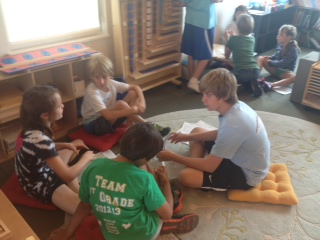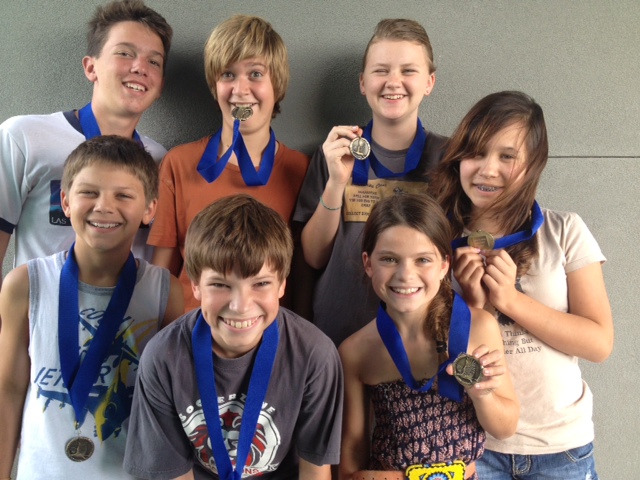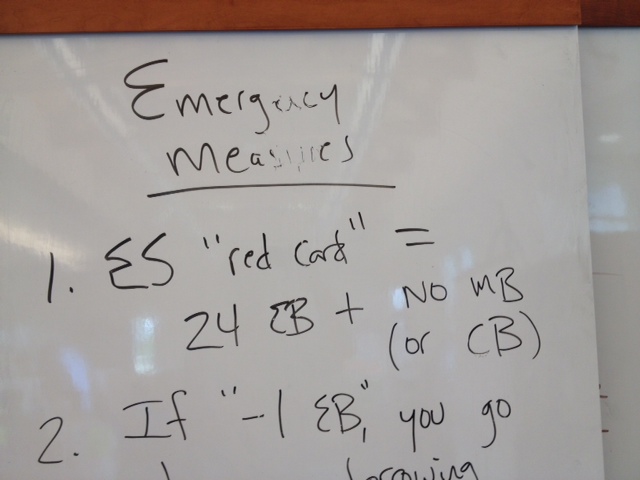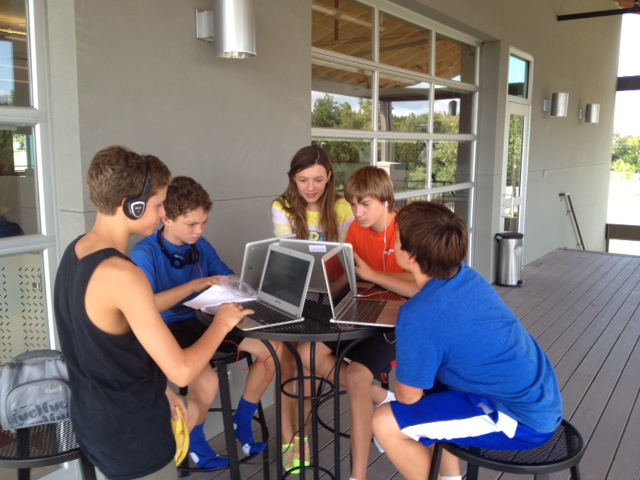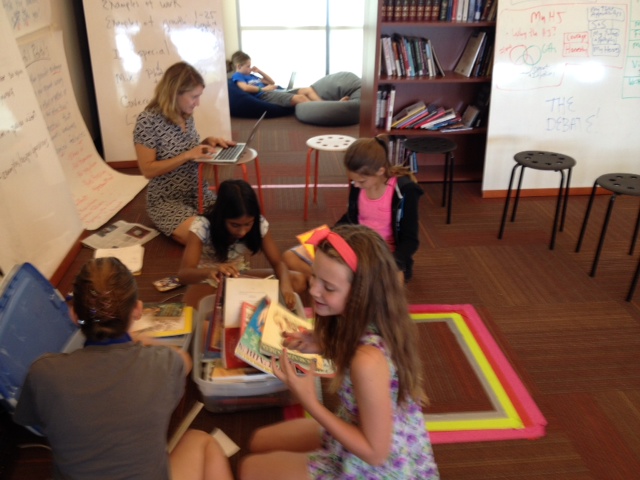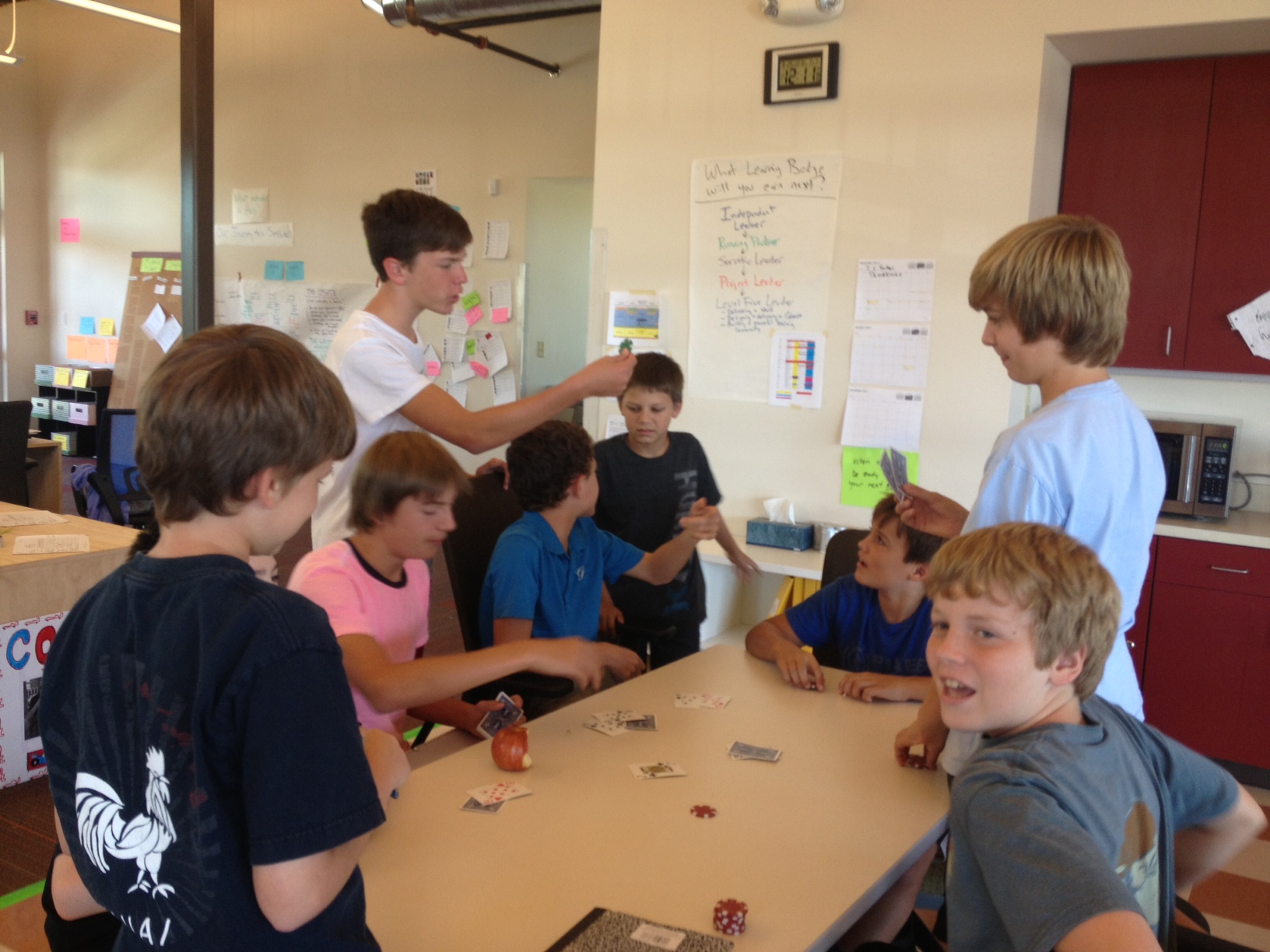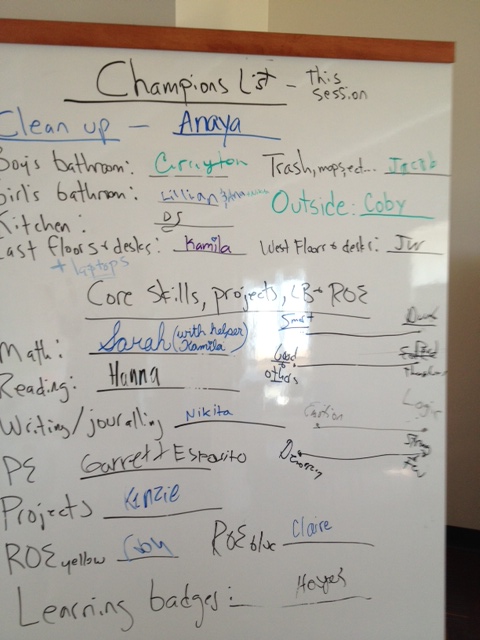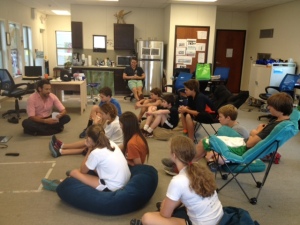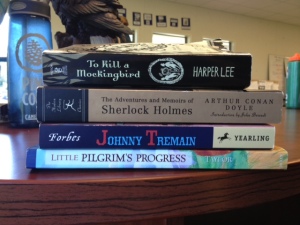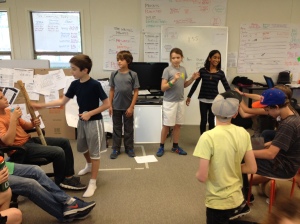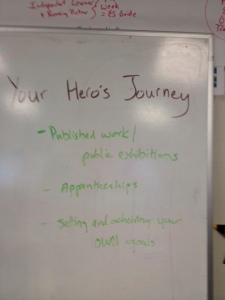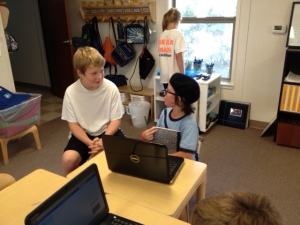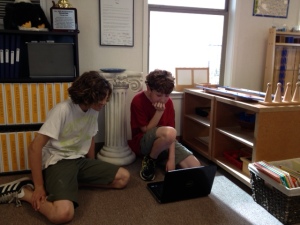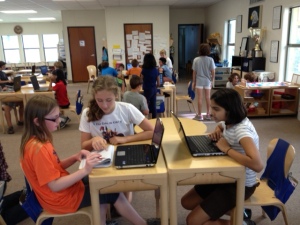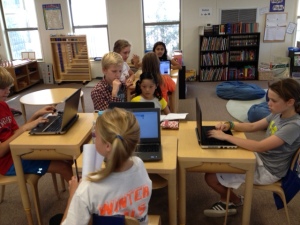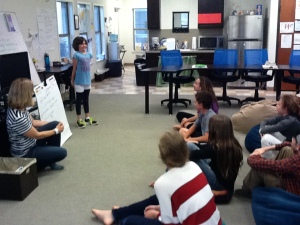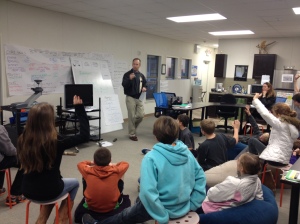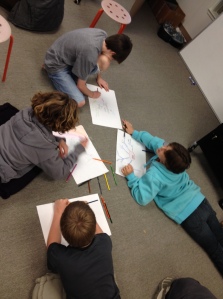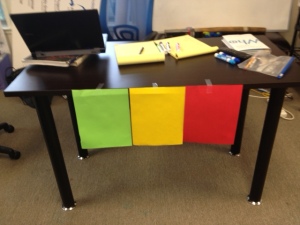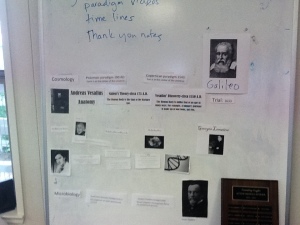
In the late 1980s, New York City was a mess. Trash filled many streets; aggressive “squeegee men” stopped cars, ostensibly washing windows, but really shaking down motorists for a protection payment; murder rates rose to all time highs.
A new Police Chief took over, and instituted a policy of “no broken windows,” a theory proposed by economist James Q Wilson that predicted that focusing on minor transgressions would lead to a reduction in more serious crimes.
The police cracked down on the squeegee men, subway toll jumpers and graffiti artists; before long violent crime began to recede too, a trend that eventually made New York City one of the safest large cities in America.
Last week we faced a “broken windows” moment at Acton Academy Middle School, when it came to light that several Eagles had been turning in “less than best work,” playing computer games during school and a host of other violations in the honor code. A rude response when being asked for an Eagle Buck had become the norm for some.
This lead to a morning launch discussing:
- The Tragedy of the Commons – Common spaces not defended by private property rights or law will soon be abused.
- The Rule of Law – Everyone should be treated the same under the law, no matter how popular, rich or powerful.
- Broken Windows – Attending to small transgressions discourages larger problems later on; and
- Logrolling – How a “you scratch my back and I’ll scratch yours” approach to lowering standards can have a devastating long term impact.
Yet even after this launch, standards continued to slip even more noticeably.
Eagles asked for a 360 Review, an anonymous survey designed to provide frank feedback to every member of the studio – from the Eagles to the Eagles. From the results – posted in a way that protected the identity of each person but allowed you to know your own scores – it became clear that there was a real problem with some.
What could we do about this as Guides? Our only right under our covenant with Eagles is to point out a slippage in standards, and ask them to remedy the problem. We tried that, but some of the leaders in the class had become so fed up with the transgressing group that they chose to focus on their own work instead of trying to lift up the community.
A few of the Eagles who tried to hold the line were treated more and more rudely by some.
Yes, in some ways this was normal adolescent behavior in America. A “whatever” attitude and being “too cool for school” and mailing in work are a natural defense again the sting of failure. Plus, everyone makes mistakes.
But Acton Academy is supposed to be different. A place where high standards and best work are celebrated; where a warm community cares enough to tell you the truth; where failing and making mistakes is celebrated – if you admit them and honestly try to improve.
The transgressions so far had been fairly minor, though several Eagles had begun to practice deceit and dishonesty on an all too regular basis. It was a reminder that here’s no such thing as perfect person, only people who make mistakes and admit them and those who keep making the same mistakes until they turn into more serious problems.
Because we thought this was a serious matter of principle and a turning point for the community, the Guides went on strike. We left the studio and promised to return once Eagles had put their house in order (while watching from a few hundred feet away, using our new video system to make sure everyone remained safe.)
The Eagle leaders leaped into action: designing a new Honor Code, Eagle Buck fines and clear due process and ultimate consequences clear for those who continued to violate community standards.

There would be a “reconciliation moment ,” inspired by Post Apartheid South Africa. Anyone who admitted a serious honor code violation, in detail, and offered an apology would immediately be forgiven and have the slate wiped clean.
The due process for someone who kept choosing to act outside the contract was made crystal clear. A serious honor code violation, if not immediately disclosed or later cleared by an appeal, would result in an Eagle being sent home for a minimum of one day. Repeated smaller transgressions that resulted in someone being in a negative Eagle Buck position for longer than three weeks would count the same as one honor code violation.
After the third serious honor code violation and third time being sent home, an Eagle would not be invited back (for every eighteen months of a clean record, one past honor code violation would be erased, giving each Eagle the chance to earn back a clean slate.)
None of us like to hear that our children have done something wrong. But just like adults, they will make mistakes all the time, some of them ethical mistakes. It’s by learning from the natural consequences of these mistakes, and asking for forgiveness, that a strong character is forged.
Honesty; transparency and caring enough not to let a friend get away with a lie, even if it is a small one. Then genuinely forgiving others when they stray, as we hope they’ll forgive us. These are the building blocks that make for a strong community.
We will continue to hold the Eagles to their promises and the high standards they set. And we will celebrate when our children’s friends hold them accountable for small transgressions, before sex, alcohol, drugs and driving make the consequences far more severe.






